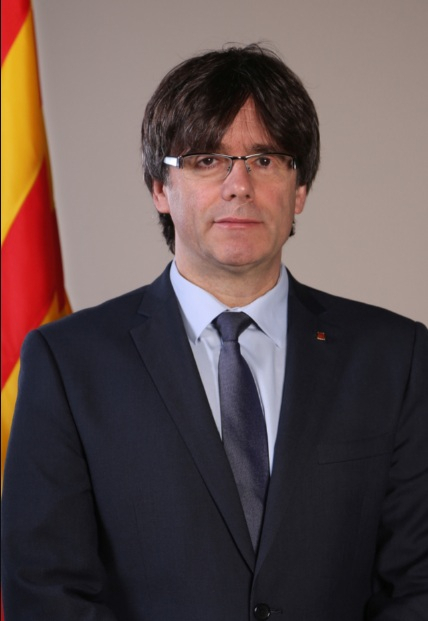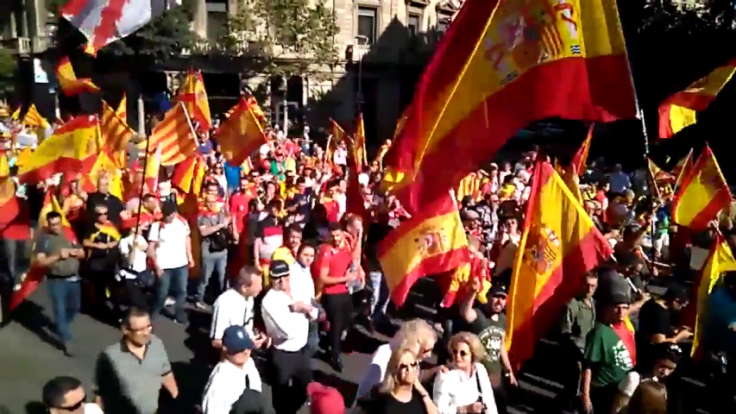Catalan separatists sought help from Russia as it struggled to break with Spain, a bombshell report in The New York Times has claimed citing intelligence files. According to the report, Josep Lluis Alay, a senior adviser to the self-exiled former Catalan President Carles Puigdemont, initiated talks with Russia in 2019 to receive support.
Alay is said to have met current Russian officials and intelligence agents in Moscow in a desperate effort to receive support, the newspaper reported after reviewing the intelligence files.
Shocking Revelations

Alay, reportedly, travelled to Moscow at least twice in 2019, less than two years after Puigdemont's government held an independence referendum in October 2017 that passed with overwhelming support as anti-separatist voters boycotted it from the beginning.
Spanish authorities declared the referendum illegal cracked down on those political leaders, like Puigdemont, didn't flee abroad. Many were also arrested and imprisoned. Later the European Union also declared the referendum illegal.
During New York Times' investigation, Alay and Puigdemont for the first time confirmed that they made trips to Moscow. However, they stressed that the trips were just part of regular outreach to foreign officials and journalists. The New York Times although suggests that it was more than just that.
Alay told that the claim of him seeking Russian support is nothing but "a fantasy story created by Madrid."
The revelations come amid accusations that Russian President Vladimir Putin has time and again tried to create disruptions in the West by supporting divisive political movements. Supporting the Catalan separatists thus would fit perfectly into that strategy, the report mentions.
Kremlin Playing Games

Despite the accusations made against Putin, there is no proof if Moscow finally helped Alay following those meetings. However, there was some turbulence felt in Spain just after Alay's trip to Moscow, according to the report.
Shortly after his visit, the Tsunami Democratic, a secretive Catalonian protest group disrupted operations at Barcelona's airport and cut off a major highway linking Spain to northern Europe. The report says that Alay played a major role in this, but he has firmly denied the allegation.
Speaking to the newspaper, Alay also denied intelligence reports that just three days after the large-scale protests began in Barcelona, the capital of Catalonia, he discussed the region's independence movement at a meeting with two Russians officials close to Putin.
He accepted meeting two Russian officials, including a colonel in Russia's Federal Protective Service, in Barcelona but said that it was only to "politely" greet them at the request of his Russian acquaintance Aleksandr Dmitrenko. The Federal Protective Service oversees security for Putin
That said, Dmitrenko, a Russian businessman, is married to a Catalan woman, according to intel reports. And he has been helping Alay to get financial and technical assistance from Kremlin for the creation of separate banking, telecommunications, and energy sectors from Spain.
Interestingly, Dmitrenko a few years back had sought Spanish citizenship but was rejected because of his Russian contacts, according to a Spanish Justice Ministry decision, The New York Times reported.








